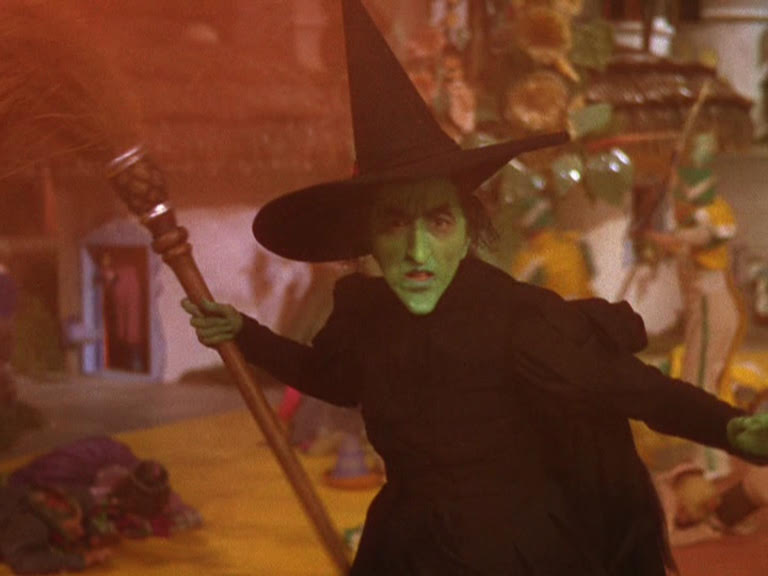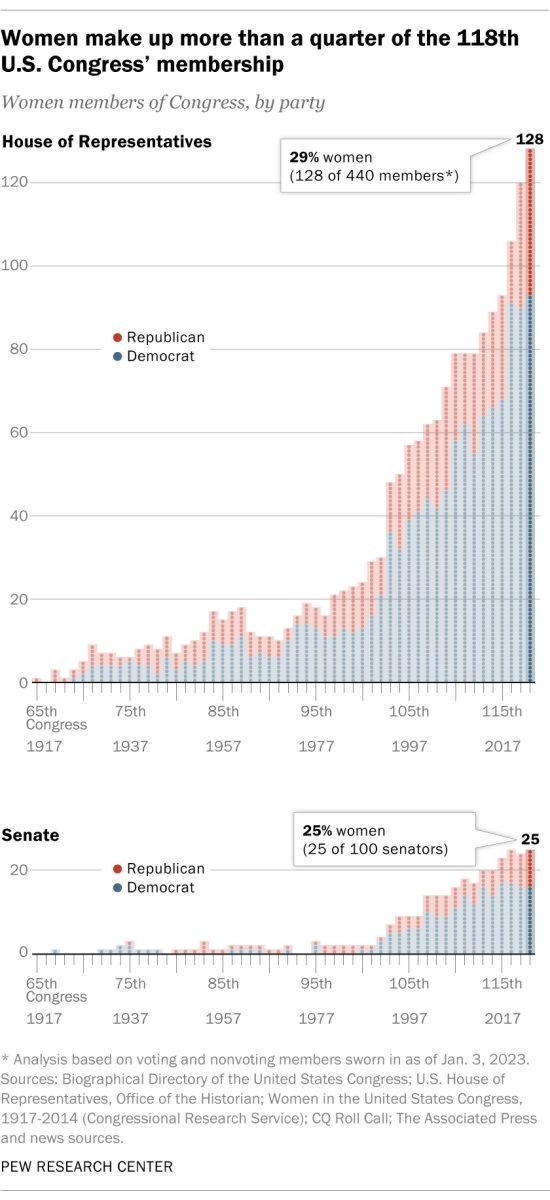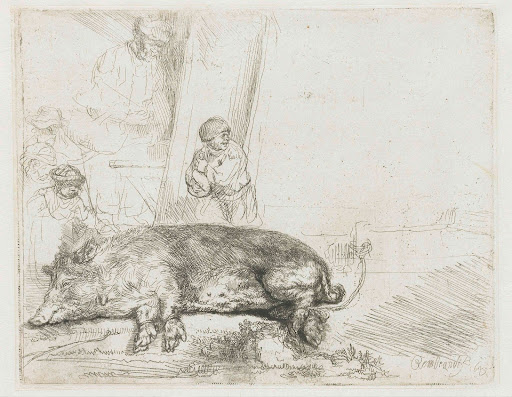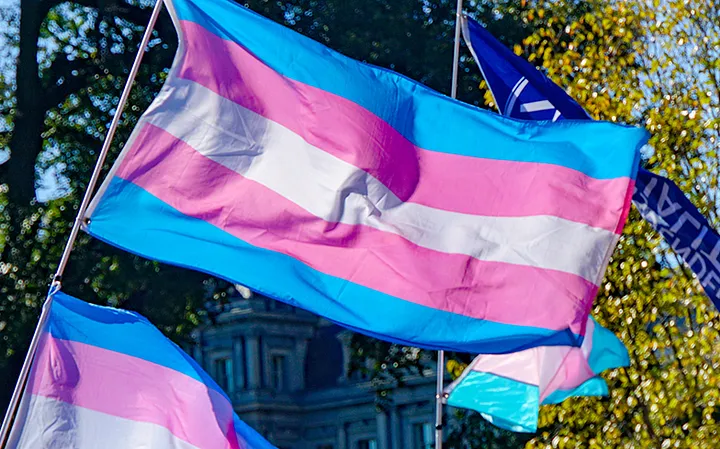In the tumultuous world of social media, few figures have found themselves at the center of controversy quite like Dylan Mulvaney. As a transgender influencer, Mulvaney’s journey has been marked not only by moments of triumph but also by relentless scrutiny and criticism. Every corner of society, from queer feminists to fundamentalist Christians have taken their turn tearing Mulvaney down.
In a landscape where identity and authenticity are often called into question, Mulvaney’s status as a transgender woman coupled with her stardom has made her the target for society’s problems with trans people.
From rising to prominence on platforms like TikTok to navigating the pitfalls of corporate partnerships and facing backlash from conservative critics, Mulvaney’s story encapsulates the struggles and successes of the LGBTQ+ community in a world still grappling with issues of equality and representation. The treatment of Mulvaney through her controversies shows the landscape queer people must still face in 2024.
Mulvaney rose to fame through documenting her transition on TikTok through daily videos, the series being aptly named “Days of Girlhood.” Mulvaney’s videos detail her journey of experimentation with femininity, exploring things like makeup, fashion, culture and the social and internal implications of transitioning. The series was received both positively and negatively; Mulvaney’s videos were mundane and positive in nature, but people opposed her transition in of itself, and therefore took issue with her TikTok platform.
Dylan’s song “Days Of Girlhood,” the same name given to the extremely popular and polarizing TikTok series, has released a troubling new wave of hate towards the trans community.
The song’s release has reignited debates about gender identity and expression, with right-wing critics seizing the opportunity to attack Dylan and the transgender community as a whole. Accusations of “mocking womanhood” have once again flooded social media feeds, perpetuating harmful stereotypes and discrimination against transgender individuals.
Mulvaney has frequently teased her passion for music on social media, and influencers of her caliber are no stranger to releasing singles. Thus, her launch into the music industry should come as no surprise. The Tiktoks critiquing “Days of Girlhood” that have gone viral use a 13-second long snippet of the song’s chorus:
“Monday, can’t get out of bed / Tuesday morning, pick up meds / Wednesday’s retail therapy / Cash or credit? I say, “Yes!” / Thursday had a walk of shame / Didn’t even know his name / Friday night, I’ll overspend / Saturday, we flirt for drinks / Playing wingman to our ****** / Sunday, the Twilight soundtrack / Cues my breakdown in the bath.”
With the removal of context, it’s unsurprising that many would hear those lyrics and feel that they are a shallow depiction of womanhood. Tiktok user @Ryt830 posted a video about the song, stating, “I’ve never had a problem with Dylan…Girlhood is more than medication, retail, therapy, and one night stands. Do better.” Most of the genuine critiques towards the song seem to be of this nature, taking issue with the lyrics alone. Many felt that they weren’t allowed to criticize the song without being viewed as transphobic.
User @hannahsteinback wrote, “Because she’s trans no one is allowed to critique her without being called a transphobe.”
Another user, @michaela.miller, says, “First the tampons you will never need, then getting woman of the year, and now this song? I genuinely question the world we live in.”
@frankie_highlen says in the comments, misgendering Dylan, “He got woman of the year?” Misgendering Dylan has become a pattern in the videos regarding the song.
@_bee_babeyy posts, “This is such a man’s view of what it’s like to be a woman.” These statements step outside of the line of genuine criticism and begin to be hateful and harmful.
Mulvaney’s song was, objectively, not incredible. The production was awkward, and the music video was riding the 2023 Barbie film high of hyper-femininity. Mulvaney’s vocals have been criticized, with her voice being frequently compared to Glee’s Kurt Hummel, played by Chris Colfer.
Does this, however, open her up to attacks on her person?
No.
Plenty of people make bad music, don’t listen!
—
Members of the campus community may send opinions to The Wormtown Herald at [email protected]. Opinions run no longer than 800 words. The Wormtown Herald cannot publish all submissions it receives, and opinions will not run anonymously.



























